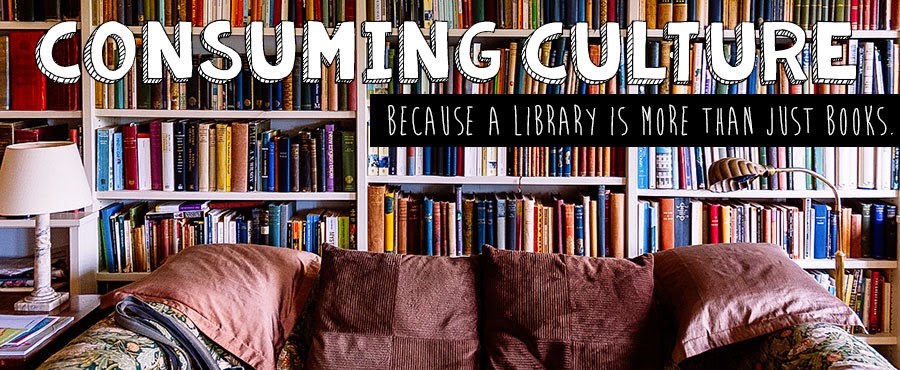This was an interesting book club choice. At first, I didn't think there would be much to discuss, but it turned out to be a good one. The story is about an English-language newspaper in Rome that, after fifty years of publication, is struggling to stay afloat in the changing landscape of news media. While this is the overarching plot, this book is really a collection of vignettes, each focusing on a different employee of the newspaper, in which their personal lives and work lives are interwoven.
The thing about the characters is...none of them are likable and each is flawed. (The one exception, in my opinion, is the lady who collected the newspapers, the one character not an employee.) I felt sympathy for some characters, was disgusted by others, but each of them were journalists, or exhibited what we decided could be described as typical "journalistic behavior"—somewhat cold, ambitious to the point of conniving. The women all seemed horrible, and I'm fully convinced Rachman has some serious woman issues that he was projecting. Despite disliking most of the characters, I was hungry to read each story, and they each deserved to be dissected. However, Rachman has this tendency to write an interesting character study and then slam a sentence onto the very end to indicate complete hopelessness for these characters. I found this trait very obvious, but I'm not sure anyone else at book club found it to be as poignant as I did!
Naturally our discussion led to technology and media and how the newspaper is nearly obsolete. How many people under the age of 30 currently subscribe to the daily print version of a newspaper? Not very many. I'm a lover of print, but realistically, technology allows a faster, easier look at the news. It's not difficult to see where the newspaper world is heading, but it's fascinating to see where it and technology have gone in just the past ten years.
To illustrate my point, watch the video below from 1994.







